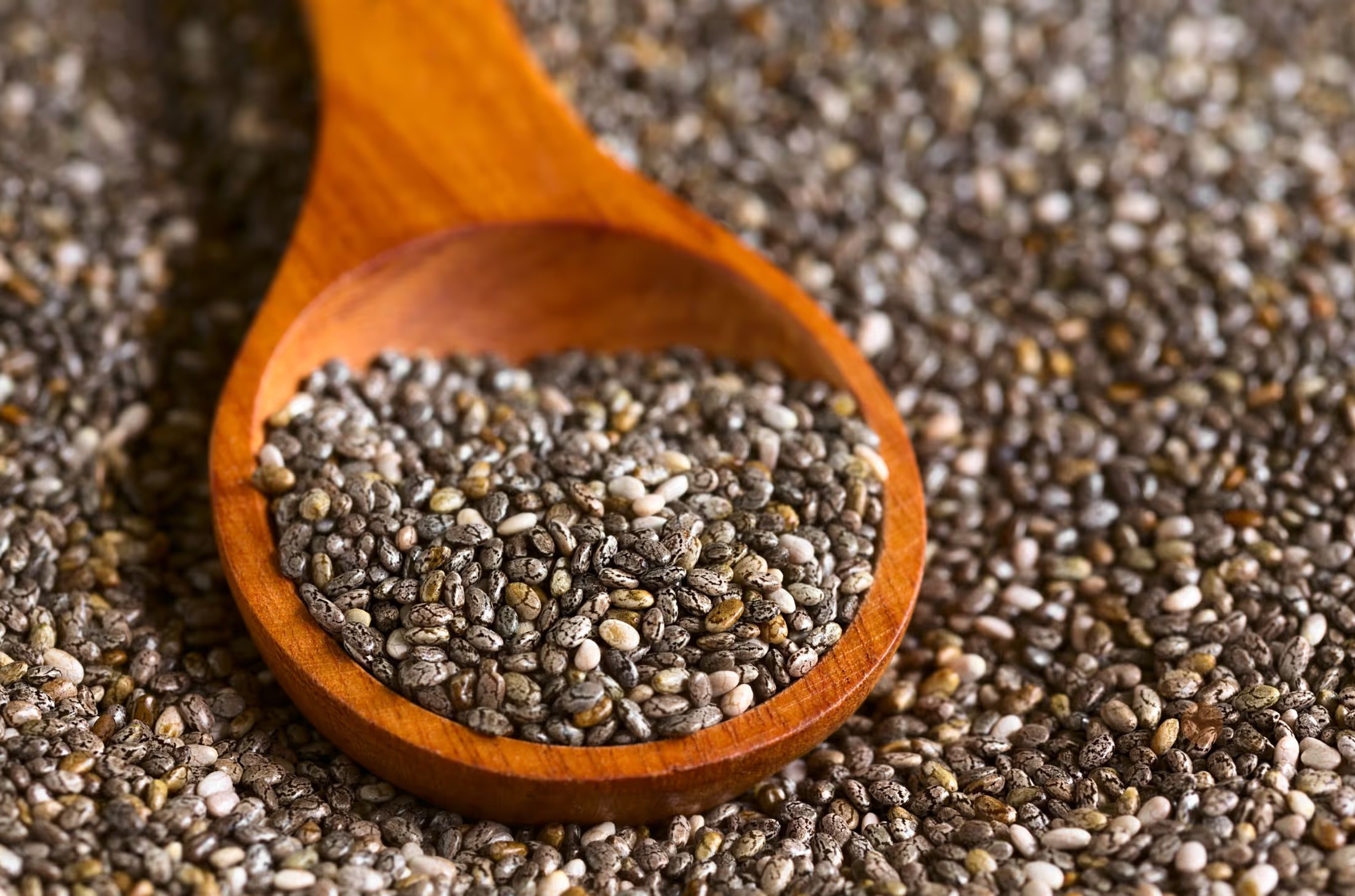
A modern clinic for at-home treatments
(857) 240-1080

Chia seeds have become a fashion superfood due to their high nutritional value, but some people may experience allergic reactions to them. It’s uncommon but they can cause mild and even severe symptoms. Understanding the causes, and symptoms can help to find the right treatment to manage this allergy effectively.
Although it’s very rare, you can be allergic to chia seeds if you experience symptoms like trouble breathing, swelling, hives, or anaphylaxis. In this case, reactions like that indicate that you have a food allergy to them that can be proved by completing an IgE blood test.

A chia seed allergic reaction occurs when the immune system mistakenly identifies chia proteins as harmful. This triggers the release of histamines, leading to symptoms such as swelling, hives, difficulty breathing, and even anaphylaxis in severe cases. Cross-reactivity with other seeds, such as sesame or flaxseed, is also possible.
Symptoms of a chia seed allergy may vary in severity and resemble those of other food allergies, making diagnosis essential. Common symptoms include:
Treatment for chia seed allergies typically involves avoiding the seeds and managing symptoms with antihistamines or epinephrine for severe reactions. Immunotherapy may be an option for long-term management of allergies. Learn more about immunotherapy here.
Preventing chia seed allergies involves avoiding foods containing chia seeds and being cautious with similar seeds that may trigger reactions. People with known seed allergies should consult an allergist before consuming chia seeds.
Eating too many chia seeds can lead to gastrointestinal distress, bloating, and potential choking hazards. While not classified as a nut allergy, chia seed allergies share similarities with seed allergies, such as sesame or flaxseed.
Living with a chia seed allergy requires careful dietary management. Always read food labels and ask about ingredients when dining out. Many health foods, granola bars, and smoothies contain chia seeds, so vigilance is key.
For those with chia seed allergies, alternative nutrient-rich options include:
No, chia seeds are not inherently high in histamine, but they can trigger histamine release in sensitive individuals.
An adverse reaction may include itching, swelling, digestive discomfort, or in severe cases, anaphylaxis.
No, chia seeds have anti-inflammatory properties, but in allergic individuals, they can trigger an immune response leading to inflammation.
Avoid mixing chia seeds with large amounts of fiber-rich foods or blood-thinning medications, as they can interfere with digestion and circulation.
Chia seeds may interact with blood thinners, blood pressure medications, and diabetes medications. Consult a doctor before consuming them regularly.
No, chia seed allergy is not classified as a nut allergy but is more closely related to seed allergies.
Consuming chia seeds daily can improve digestion, heart health, and hydration due to their high fiber and omega-3 content. However, excessive consumption may cause bloating or digestive discomfort.
Understanding chia seed allergies can help manage symptoms and prevent adverse reactions. If you suspect a chia seed allergy, consult an allergist for an accurate diagnosis and treatment plan.